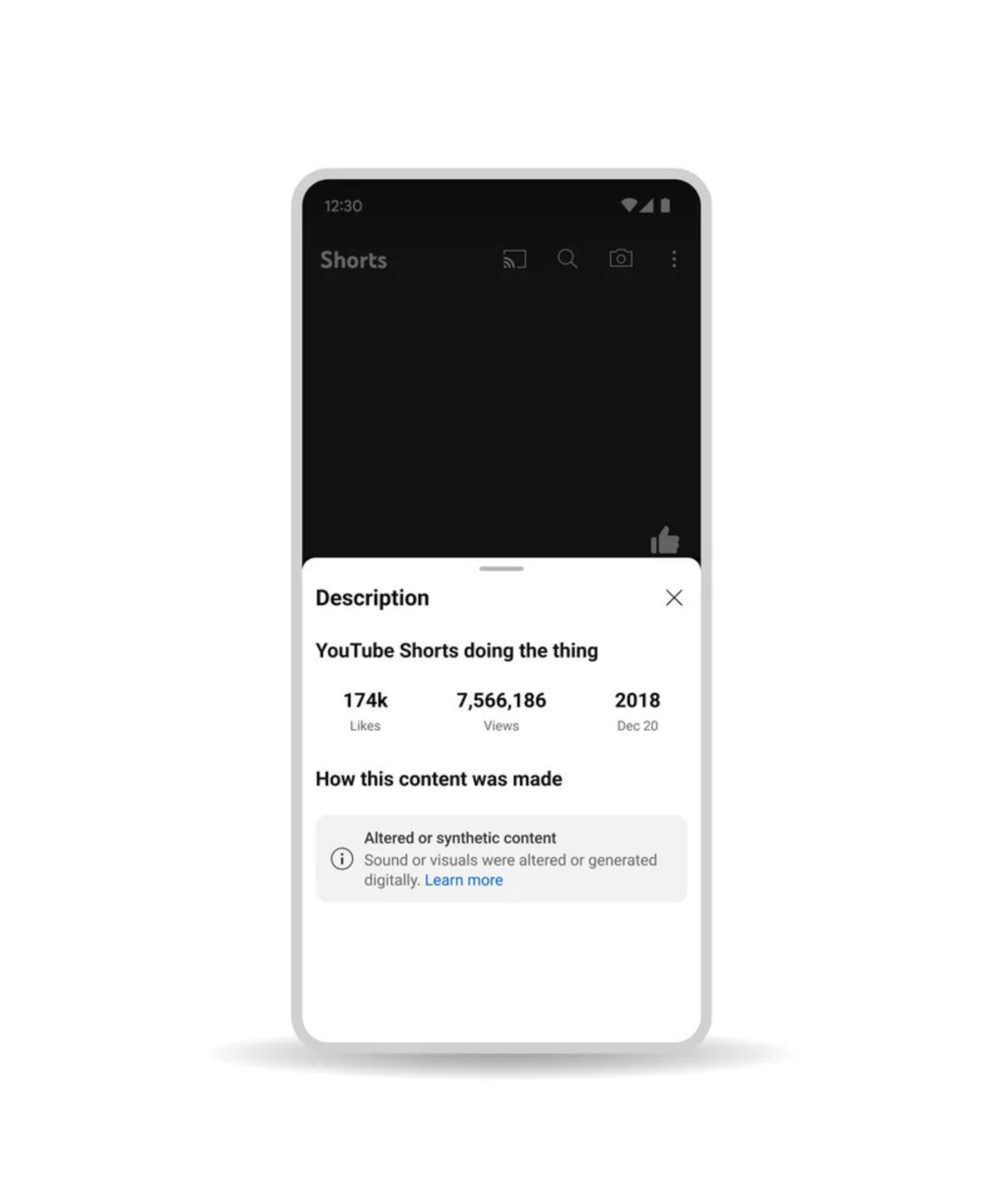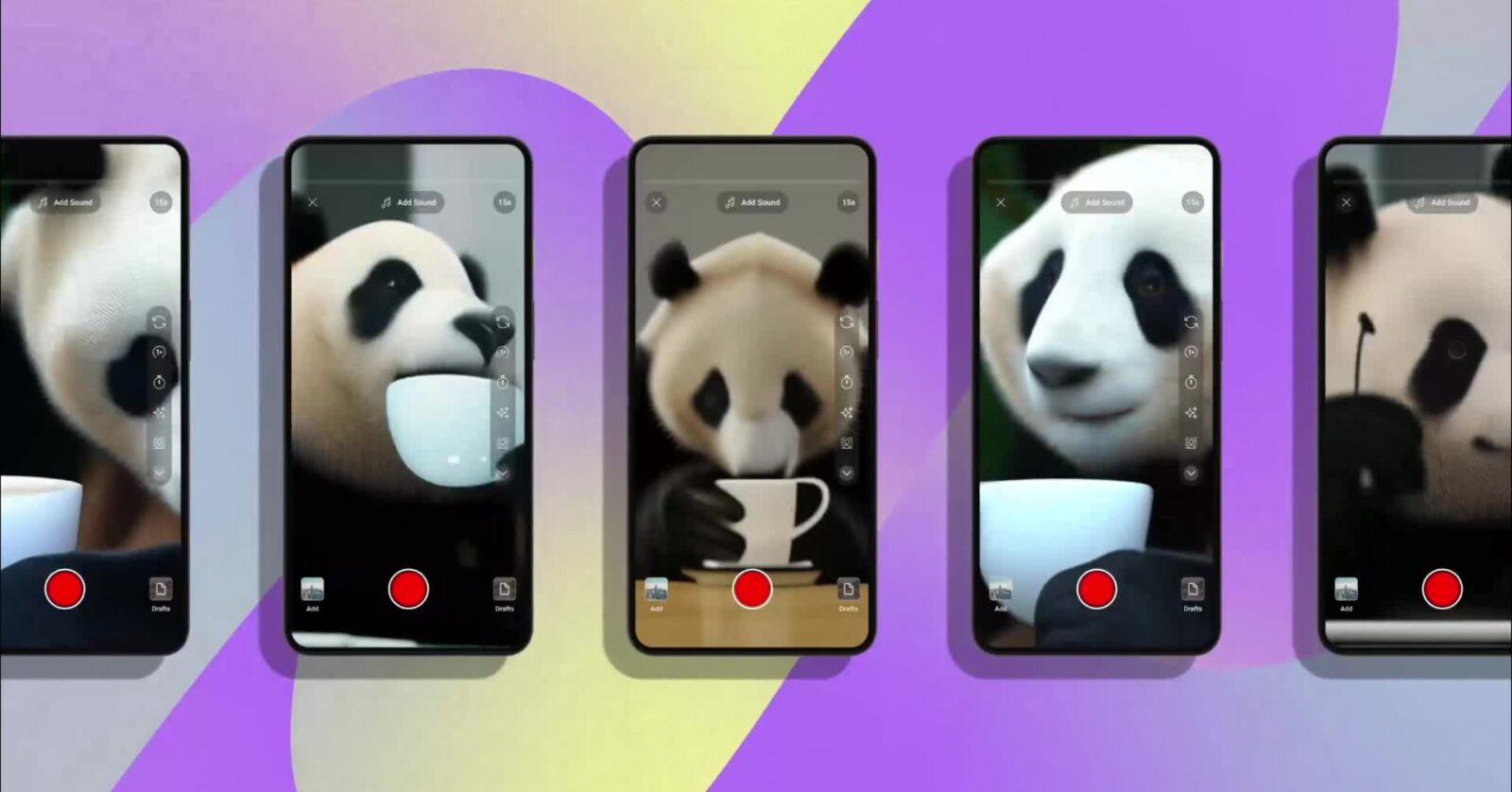YouTube is set to give music partners the ability to request the removal of artificial intelligence (AI)-generated music content that mimics an artist’s voice while singing or rapping.
“In determining whether to grant a removal request, we’ll consider factors such as whether content is the subject of news reporting, analysis, or critique of the synthetic vocals. These removal requests will be available to labels or distributors who represent artists participating in YouTube’s early AI music experiments,” YouTube Vice Presidents for Product Management Jennifer Flannery O’Connor and Emily Moxley wrote in an official blog.
Moreover, the video-sharing platform will continue to expand access to additional labels and distributors over the coming months.
Aside from music, YouTube will make it possible in the coming months to request the removal of AI-generated or other synthetic or altered content simulating an identifiable individual (face or voice) using its privacy request process.
YouTube, however, clarified that not all content will be removed. It said it will consider a variety of factors when evaluating requests for removal. Listed considerations include whether the content is parody or satire, if the person making the request can be uniquely identified, or whenever it features a public official or well-known individual “in which case there may be a higher bar.”
Lastly, the platform will introduce updates informing viewers when the content they’re viewing is synthetic. It will achieve this by requiring creators to disclose when they’ve created altered or synthetic content that is realistic, including using AI tools.

Courtesy of YouTube
“When creators upload content, we will have new options for them to select to indicate that it contains realistic altered or synthetic material. For example, this could be an AI-generated video that realistically depicts an event that never happened, or content showing someone saying or doing something they didn’t actually do,” the blog read.
In applying these changes, YouTube cited responsible AI innovation. “We’ve heard continuous feedback from our community, including creators, viewers, and artists, about the ways in which emerging technologies could impact them. This is especially true in cases where someone’s face or voice could be digitally generated without their permission or to misrepresent their points of view.”
Uses of AI in music include allowing an artist to sing in a language they don’t know or even bringing them back to life by mimicking their face and/or voice. It also enables unrealistic and impossible scenarios such as non-music personalities and fictional characters singing and rapping the latest hits.
“We have long-standing policies that prohibit technically manipulated content that misleads viewers and may pose a serious risk of egregious harm. However, AI’s powerful new forms of storytelling can also be used to generate content that has the potential to mislead viewers—particularly if they’re unaware that the video has been altered or is synthetically created,” YouTube posted.
It warned creators who “consistently choose not to disclose this information” that they may be subject to content removal, suspension from the YouTube Partner Program, as well as other penalties.
The platform said it will work with creators before these changes roll out to ensure they understand these new requirements.

